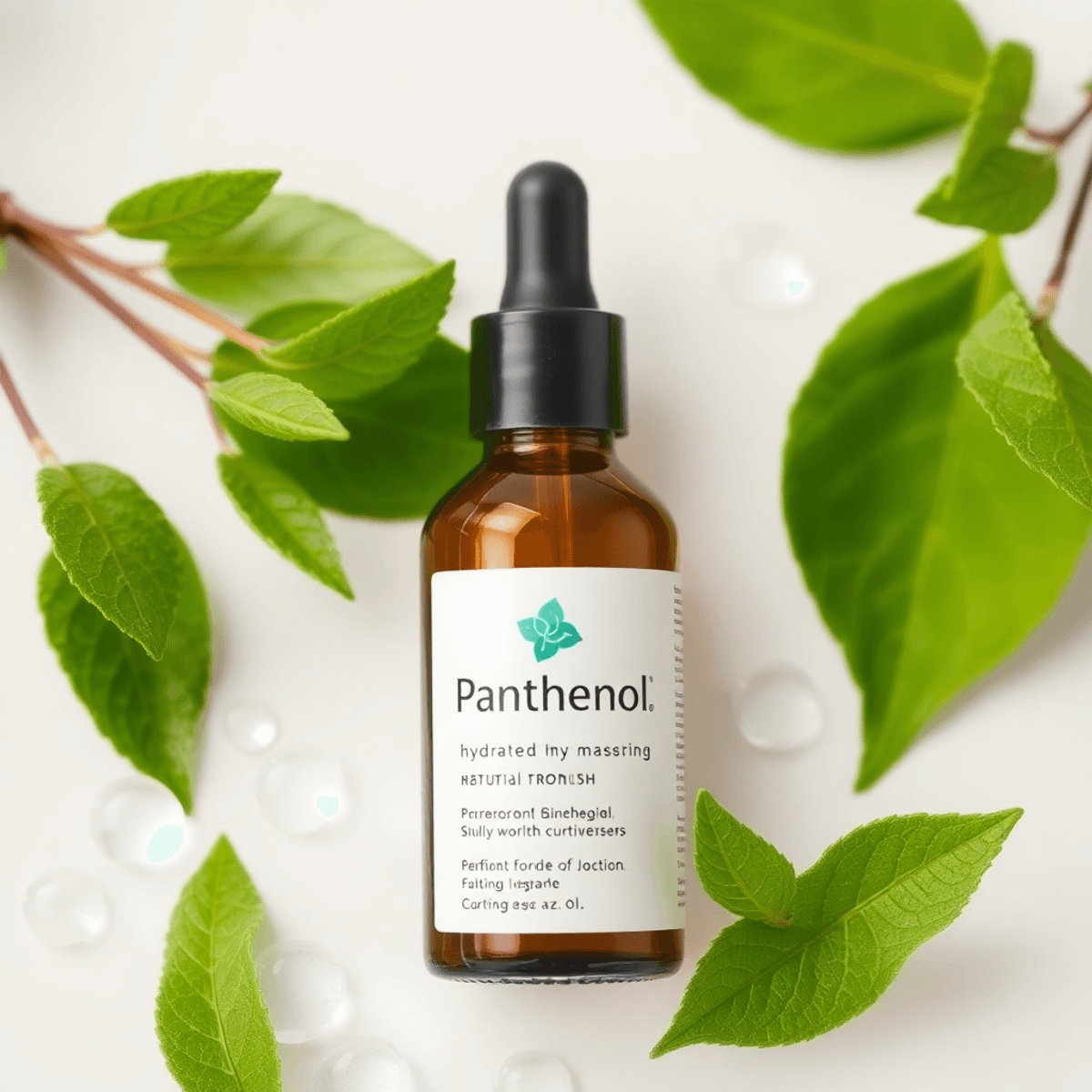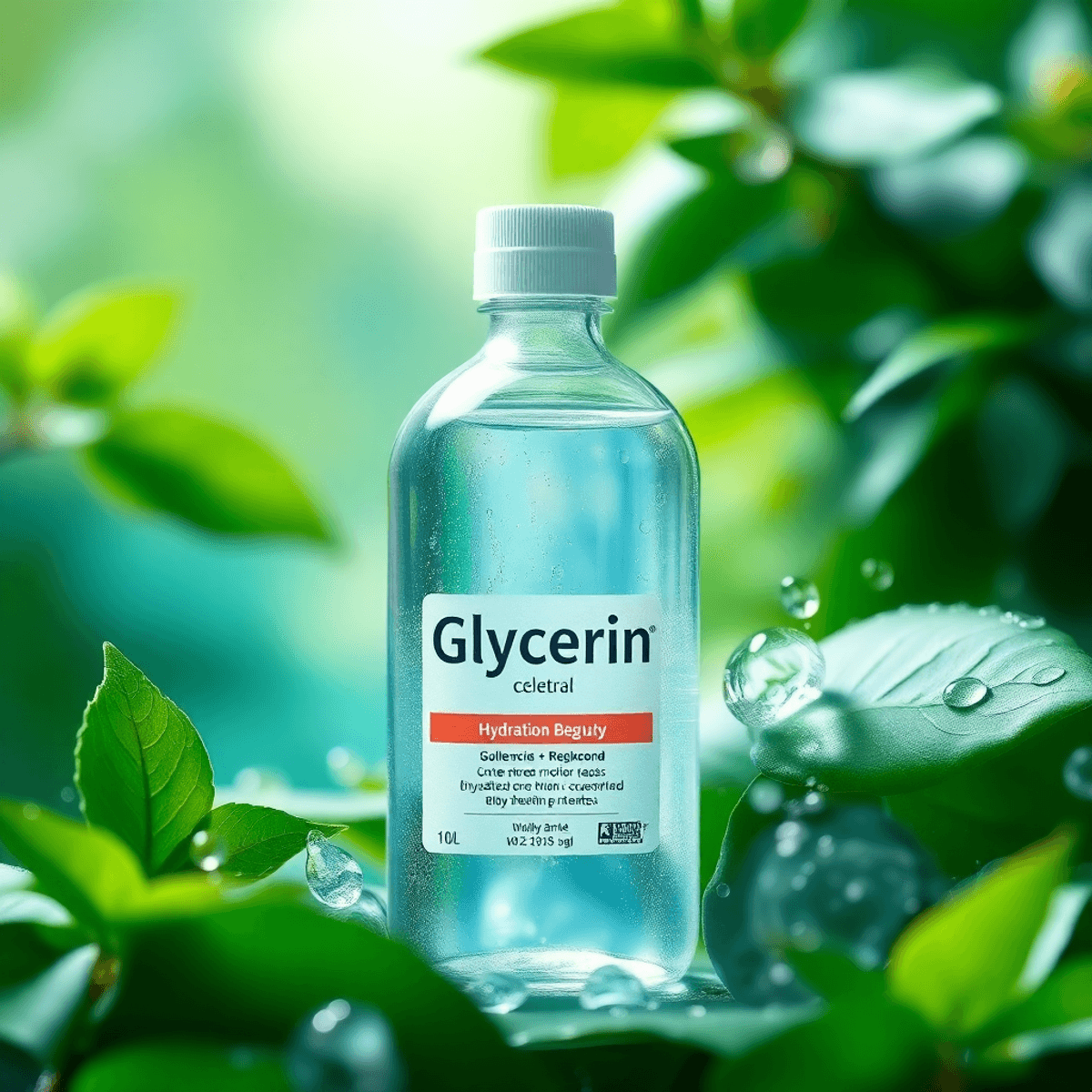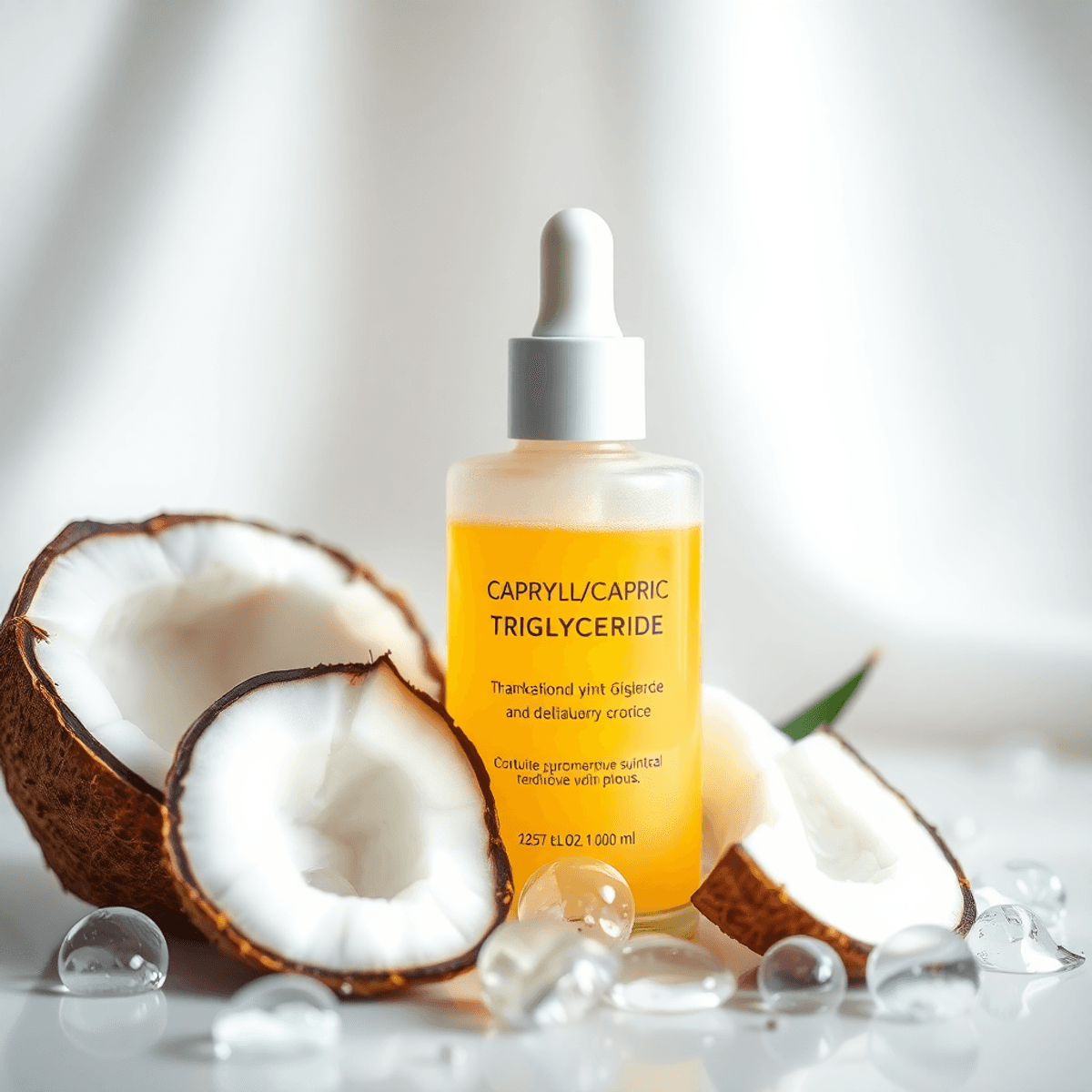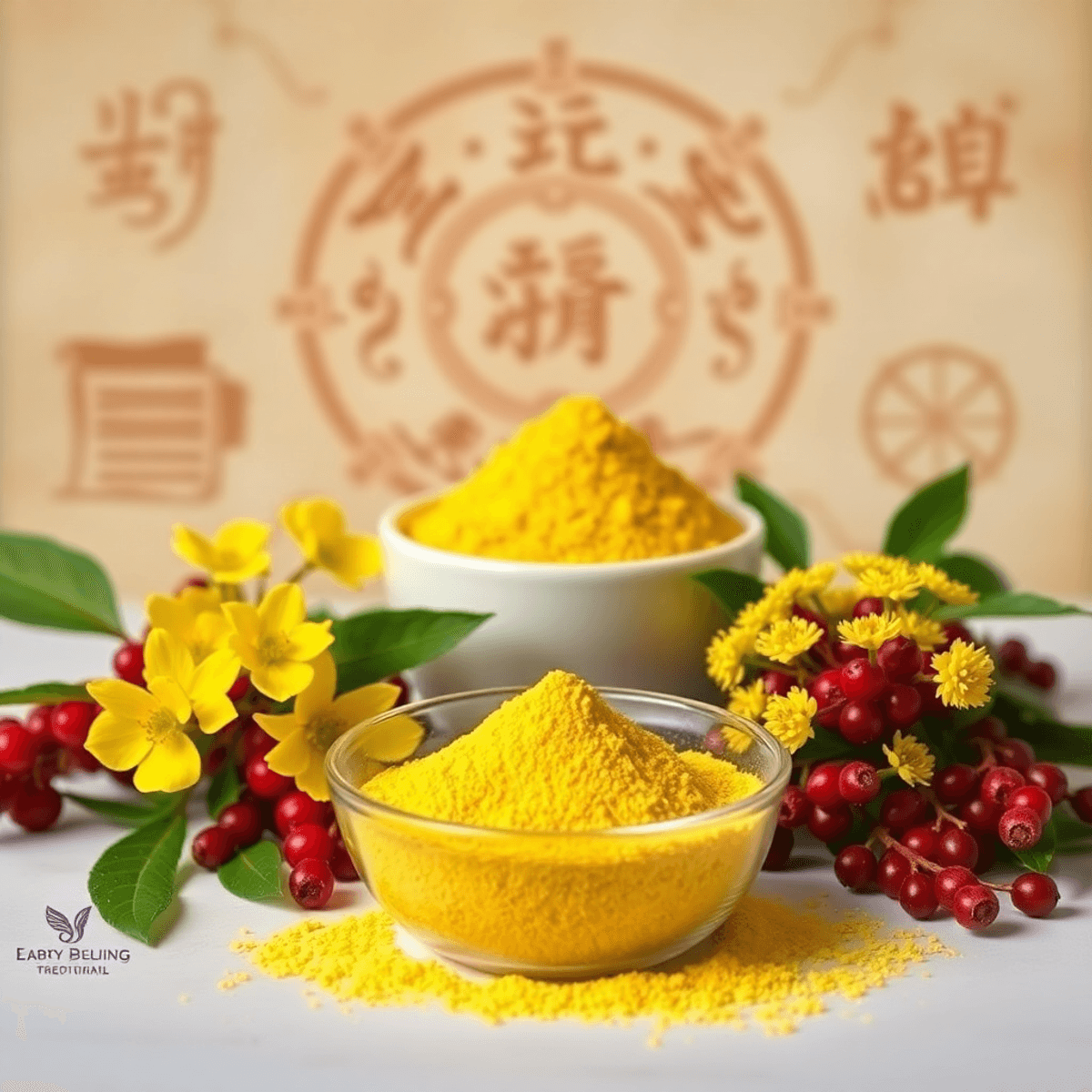The Power of Panthenol: Why It Should Be in Your Skincare Arsenal

The Power of Panthenol: Why It Should Be in Your Skincare Arsenal
Your skincare routine deserves a powerful ally that delivers real results - enter panthenol, also known as provitamin B5. This remarkable ingredient transforms into vitamin B5 when absorbed by your skin, making it a true skincare superhero.
Proper skin hydration sits at the heart of a healthy complexion. Without adequate moisture, your skin becomes vulnerable to:
- Dryness and flakiness
- Premature ageing
- Increased sensitivity
- Compromised barrier function
Panthenol addresses these concerns by acting as a moisture magnet for your skin. Its unique molecular structure allows it to penetrate deeply, delivering hydration where your skin needs it most.
You'll discover how panthenol works to:
- Lock in essential moisture
- Strengthen your skin's natural barrier
- Soothe irritation and redness
- Support wound healing
- Enhance skin elasticity
This versatile ingredient suits all skin types, from sensitive to acne-prone. Whether you're battling dry patches, seeking anti-ageing benefits, or simply want to maintain healthy skin, panthenol offers scientifically-proven benefits that make it an essential addition to your skincare arsenal.
Ready to unlock the full potential of your skincare routine? Let's explore how panthenol can transform your skin's health and appearance.
Understanding Panthenol
Panthenol exists in two distinct forms: D-panthenol and DL-panthenol. D-panthenol, the biologically active form, transforms into pantothenic acid (vitamin B5) when absorbed into your skin. This conversion makes it particularly effective for skincare applications.
DL-panthenol represents a mixture of both D and L forms, with only the D form providing active benefits. Think of it as a key - while both forms look similar, only one fits perfectly into the lock of your skin's cellular mechanisms.
The concentration of panthenol in skincare products ranges from 0.5% to 5%, with higher concentrations found in targeted treatments for specific skin concerns. You'll find panthenol in various formulations:
- Cleansers for gentle daily cleansing
- Serums for concentrated treatment
- Moisturisers for sustained hydration
- Targeted treatments for rosacea and sensitive skin
Panthenol's molecular structure allows it to penetrate deeply into your skin layers, making it an effective ingredient in both rinse-off and leave-on products. This versatility explains its presence in a wide range of skincare formulations, from mild cleansers to intensive treatments.
The Benefits of Panthenol for Your Skin
Panthenol is a standout ingredient in skincare, offering numerous benefits that can improve the health and appearance of your skin. Let's explore the amazing advantages this ingredient brings to your skincare routine.
1. Hydration and Moisture Retention
The ability of your skin to retain moisture directly affects its health, look, and function. Panthenol is highly effective as a humectant, actively pulling water molecules from the air into your skin. This process ensures a constant supply of hydration, helping your skin maintain optimal moisture levels throughout the day.
Here's how panthenol works its magic:
- It penetrates deep into the layers of your skin
- Forms a protective film on the surface of your skin
- Binds water molecules effectively
- Reduces water loss through the skin
This multi-layered approach to hydration results in:
- Plumper, more supple skin texture
- Reduced appearance of fine lines
- Enhanced skin elasticity
- Improved function of the skin barrier
2. Strengthening the Skin Barrier
A strong skin barrier is your body's first line of defence against environmental stressors. Panthenol plays a crucial role in strengthening this barrier through several key actions:
- Lipid Production: Stimulates the production of essential lipids that keep the barrier intact
- Cell Regeneration: Supports the natural renewal process of skin cells
- Structural Support: Enhances the structural components of the skin
When your skin's barrier function is strengthened, you can expect:
- Reduced sensitivity to irritants
- Better protection against environmental damage
- Enhanced resilience of the skin
- Improved moisture retention
The barrier function of your skin is vital for maintaining healthy, balanced skin. When panthenol reinforces this barrier, it creates a cycle of improved skin health - a stronger barrier leads to better hydration, which in turn supports barrier function.
Research has shown that skincare products containing 2-5% panthenol significantly improve hydration levels within hours of application. This immediate effect, combined with long-term benefits for strengthening the barrier, makes panthenol a valuable addition to your daily skincare routine.
The combination of hydration and reinforcement of the barrier works together to create visible improvements in both the appearance and function of your skin. Users typically
2. Soothing and Healing Properties of Panthenol for Skin Issues
Panthenol's remarkable healing properties make it a powerhouse ingredient for treating various skin concerns. Research shows that panthenol reduces skin inflammation by up to 30% within hours of application, making it particularly effective for:
- Sunburns and heat rashes
- Post-procedure skin recovery
- Minor cuts and abrasions
- Insect bites
- Skin allergies
The healing mechanism of panthenol works through stimulating skin cell production and promoting epithelisation - the process where skin creates new healthy cells to repair damaged areas. This acceleration in cell turnover helps your skin bounce back faster from injuries and irritation.
Clinical studies demonstrate panthenol's ability to:
- Reduce redness by 20% within 48 hours
- Decrease skin roughness by 25% after consistent use
- Lower inflammatory markers in compromised skin
For sensitive skin conditions like eczema and dermatitis, panthenol creates a protective film that shields irritated areas while supporting the natural healing process. Its anti-inflammatory properties help calm flare-ups and reduce itching sensations.
At concentrations between 2-5%, panthenol shows significant results in treating:
- Atopic dermatitis symptoms
- Contact dermatitis
- Mild burns
- Post-inflammatory hyperpigmentation
The ingredient's gentle nature makes it suitable for daily use, even on reactive skin types. You can safely combine it with other active ingredients to enhance their soothing properties while maintaining skin comfort.
Exploring Panthenol-Infused Skincare Products
Panthenol-enriched skincare products come in diverse formulations, each designed to deliver specific benefits. You'll find this powerhouse ingredient in:
- Moisturisers: Barrier-strengthening creams with 2-5% panthenol concentration
- Serums: Lightweight formulations typically containing 0.5-2% panthenol
- Treatment creams: Dexpanthenol creams at 5% concentration for intensive healing
- Cleansers: Gentle formulas with 0.5-1% panthenol
- Face masks: Deep-hydrating treatments with 2-3% panthenol
Types and Special Formulations
Dexpanthenol Creams
These specialised formulations contain the active form of panthenol (D-panthenol) at higher concentrations, typically 5%. These creams work exceptionally well for targeted skin concerns, such as post-procedure recovery or intense dryness.
Beta Panthenol Products
Beta panthenol represents the alcohol form of panthenol, found in various skincare products:
- Water-based serums for lightweight hydration
- Oil-based creams for deeper moisturisation
- Gel formulations for sensitive or acne-prone skin
Concentration Guidelines
The effectiveness of panthenol depends on its concentration:
- 0.5-1%: Suitable for daily maintenance products
- 2-3%: Ideal for regular moisturisers and serums
- 4-5%: Reserved for intensive treatment products
Specialised Barrier Creams
Panthenol barrier creams combine higher concentrations (3-5%) with complementary ingredients:
- Ceramides for enhanced barrier repair
- Hyaluronic acid for additional hydration
- Niacinamide for skin-soothing benefits
Product Selection Tips
Choose your panthenol product based on:
- Skin type: Lighter formulations for oily skin, richer creams for dry skin
- Specific concerns: Higher concentrations for healing, lower for maintenance
- Time of use: Lighter
Panthenol for Targeted Skin Concerns and Beyond
Panthenol stands out as a powerful ally in treating specific skin conditions, particularly atopic dermatitis. Research shows that panthenol's anti-inflammatory properties make it highly effective in managing this chronic skin condition.
Clinical studies demonstrate panthenol's ability to:
- Reduce redness and inflammation associated with atopic dermatitis flare-ups
- Decrease itching sensations by up to 70% in affected areas
- Strengthen the skin barrier function, preventing moisture loss
- Support skin cell regeneration for faster healing
The recommended concentration of panthenol for treating atopic dermatitis ranges from 2% to 5%, with higher concentrations showing enhanced therapeutic benefits. Users report significant improvement in skin comfort within 2-3 weeks of consistent application.
Panthenol's versatility extends beyond atopic dermatitis treatment. Its healing properties benefit other skin concerns:
- Sunburned skin: Accelerates recovery and reduces peeling
- Post-procedure care: Aids healing after chemical peels or laser treatments
- Minor cuts and scrapes: Promotes faster wound healing
- Dry, flaky patches: Restores skin hydration and smoothness
For optimal results, apply panthenol-enriched products twice daily on clean, slightly damp skin. The ingredient works particularly well when layered under heavier moisturisers or occlusive agents, creating a comprehensive barrier repair system.
The Versatility of Panthenol in Hair Care
Panthenol's remarkable benefits extend beyond skincare into the realm of hair care. This powerhouse ingredient transforms your hair care routine with its multifaceted properties:
- Deep Moisture Retention: Panthenol penetrates the hair shaft, binding to the hair structure to lock in essential moisture
- Increased Hair Thickness: Regular use creates a protective film around each strand, making hair appear fuller and more voluminous
- Split End Prevention: The strengthening properties help reduce breakage and split ends
- Enhanced Shine: Hair becomes noticeably glossier due to improved light reflection from the smoothed hair surface
- Scalp Health: Its soothing properties support a balanced, healthy scalp environment
You'll find panthenol in various hair care formulations:
- Leave-in conditioners
- Hair masks
- Shampoos
- Heat protection sprays
- Styling products
The ideal concentration of panthenol in hair care products ranges from 0.1% to 1%, with higher concentrations delivering enhanced benefits for damaged or processed hair. These products work best when applied to damp hair, allowing the panthenol to penetrate effectively and deliver its strengthening properties.
Incorporating Panthenol into Your Skincare Routine
Selecting the right panthenol-enriched products can transform your skincare routine. Here's a practical guide to help you make informed choices:
Morning Routine
- Start with a gentle panthenol-infused cleanser
- Apply a hydrating toner containing panthenol
- Layer with a lightweight panthenol serum
- Finish with a protective moisturiser
Evening Routine
- Double cleanse with a panthenol-based cleanser
- Apply treatment products
- Use a rich panthenol cream or sleeping mask
For those dealing with skin conditions such as eczema, atopic dermatitis, or psoriasis, incorporating specialized products like the Il Bagno Body Wash for Eczema or the Crema Di Matteo Eczema Cream into your routine can provide significant relief.
Product Application Tips
- Apply panthenol products to slightly damp skin
- Wait 30 seconds between layers
- Use higher concentrations (2-5%) for intensive treatments
- Start with lower concentrations if you have sensitive skin
Combining with Other Ingredients
- Pairs well with hyaluronic acid for enhanced hydration
- Works effectively with niacinamide
- Safe to use with vitamin C and retinol
Remember to patch test new products and introduce them gradually into your routine. For optimal results, maintain consistency in your panthenol-enriched skincare regimen. If you're seeking further relief from eczema or dry skin, consider exploring our range of Eczema Treatment Products that are designed to naturally help provide relief.
Incorporating Panthenol into Your Skincare Routine
Adding panthenol-rich products to your skincare routine requires strategic placement for maximum benefits. Here's how to integrate these products effectively:
Morning Routine
- Start with a gentle panthenol-infused cleanser
- Apply a hydrating toner containing panthenol
- Layer your panthenol serum before moisturiser
- Use sunscreen to seal in the benefits
Evening Routine
- Double cleanse with a panthenol-based cleanser
- Apply panthenol treatments or serums
- Lock in moisture with a panthenol-enriched night cream
Application Tips
- Apply panthenol products to damp skin for enhanced absorption
- Wait 30 seconds between layers to allow proper penetration
- Use higher concentrations (2-5%) for targeted treatments
- Start with lower concentrations (0.5-1%) for sensitive skin
You can pair panthenol with most active ingredients, including:
- Hyaluronic acid for enhanced hydration
- Niacinamide for barrier support
- Peptides for skin repair
- Vitamin C for antioxidant benefits
Remember to patch test new products on a small area of skin before full application.
FAQs
What is Panthenol and what are its two forms?
Panthenol, also known as provitamin B5, exists in two distinct forms: D-panthenol and DL-panthenol. Both forms are beneficial in skincare and contribute to hydration and skin health.
How does Panthenol benefit skin hydration?
Panthenol has a remarkable ability to retain moisture in the skin, which directly affects its hydration levels. This helps maintain a plump and healthy appearance by preventing dryness.
What role does Panthenol play in strengthening the skin barrier?
A strong skin barrier is essential for protecting the body against environmental stressors. Panthenol enhances the skin barrier function, making it more resilient and less prone to irritation or damage.
Can Panthenol help with specific skin issues?
Yes, Panthenol possesses soothing and healing properties that make it effective in treating various skin issues, including redness and inflammation associated with conditions like atopic dermatitis.
How should I incorporate Panthenol into my skincare routine?
To incorporate Panthenol into your skincare routine, start with a gentle panthenol-infused cleanser in the morning. In the evening, double cleanse with a panthenol-based cleanser and follow up with treatment products. For best results, apply panthenol products to slightly damp skin.
Are there any specific product types that contain Panthenol?
Yes, there are various panthenol-infused skincare products available, including dexpanthenol creams, beta panthenol products, and specialized barrier creams that typically contain higher concentrations of panthenol (3-5%) for enhanced efficacy.












